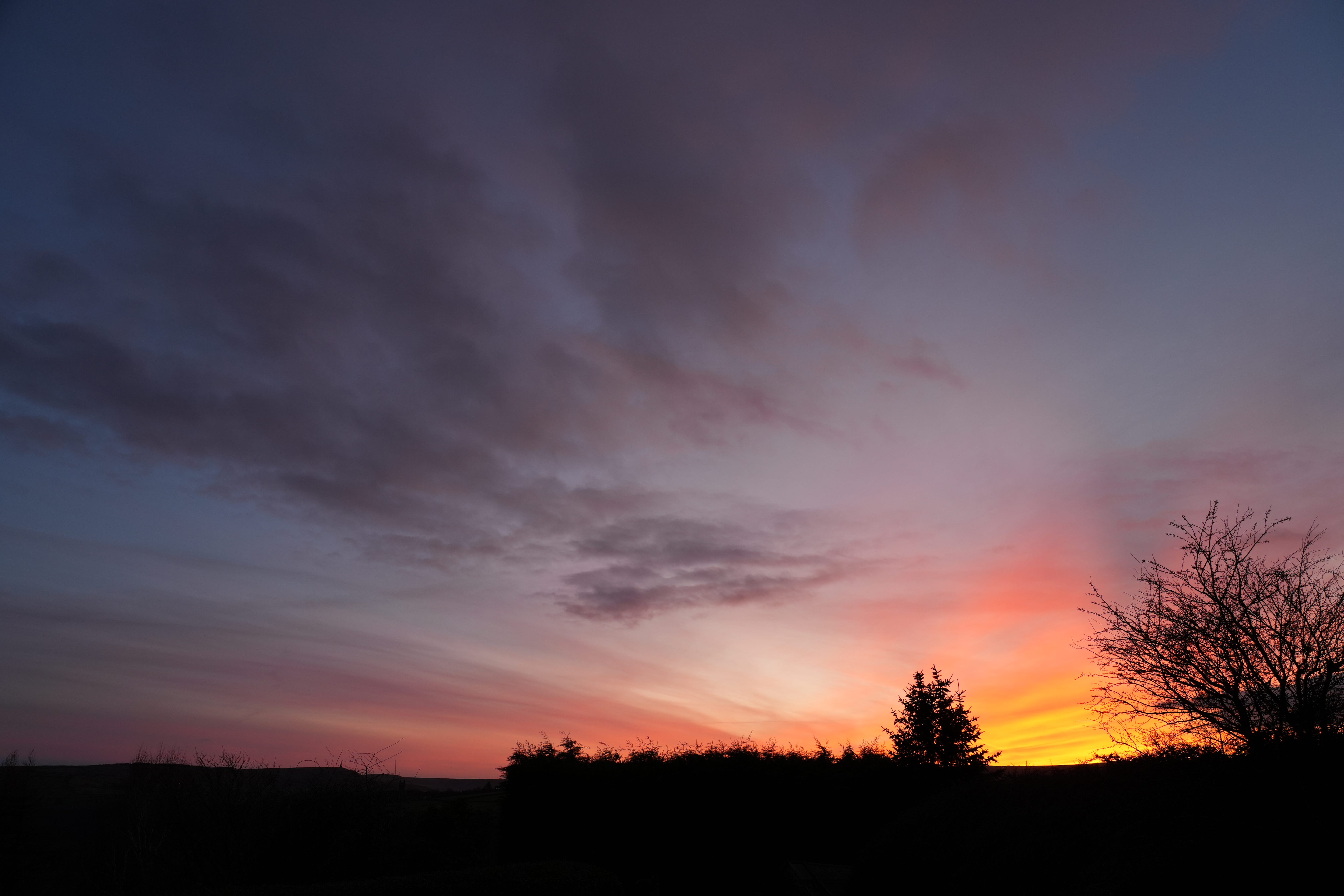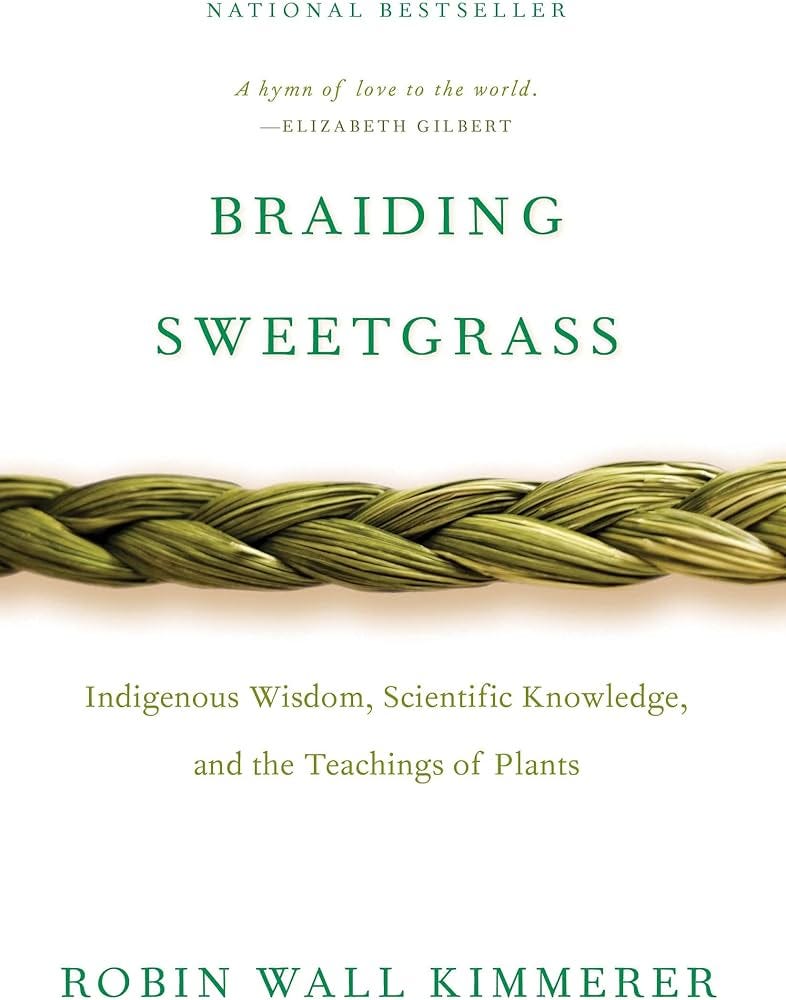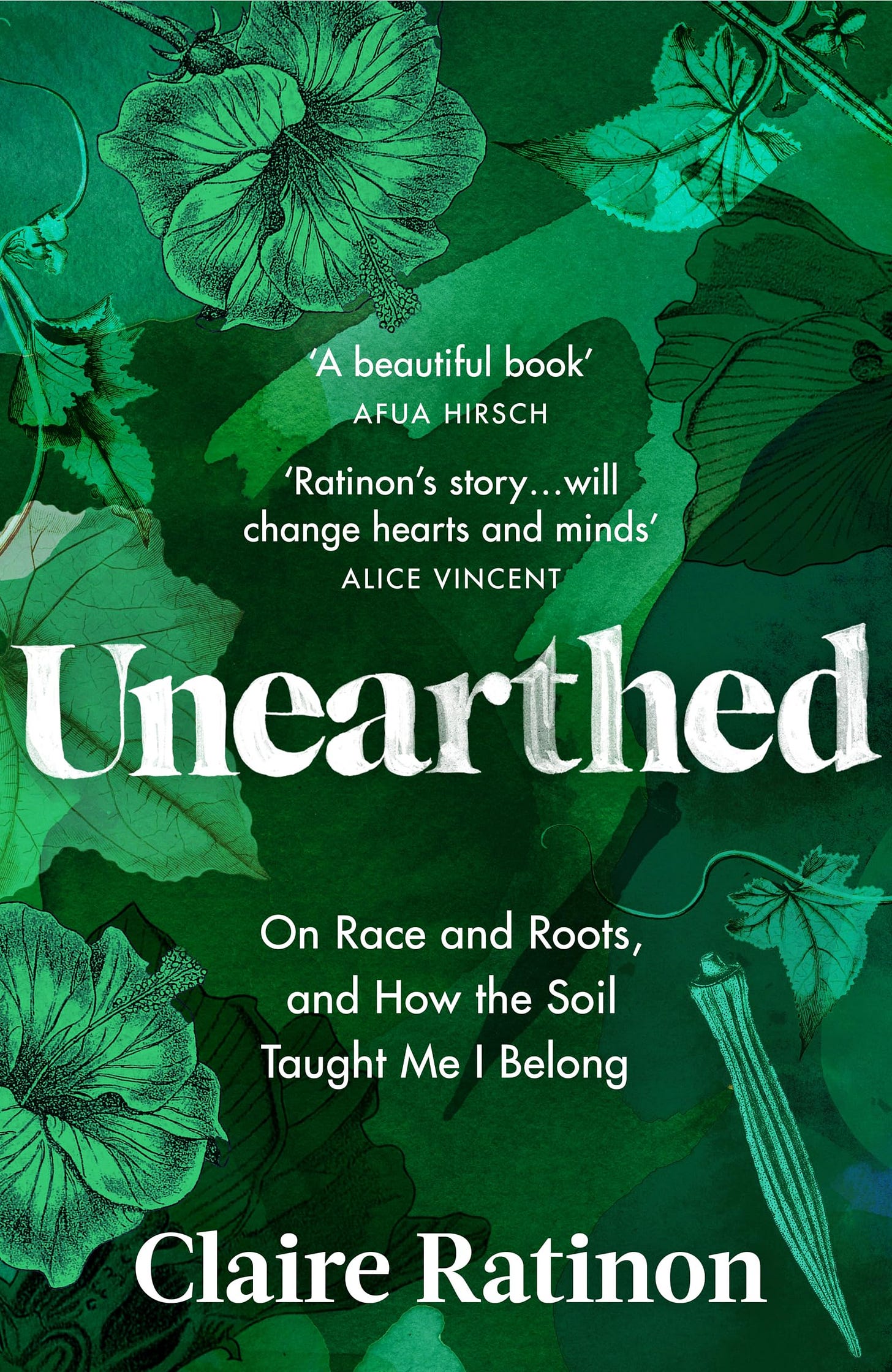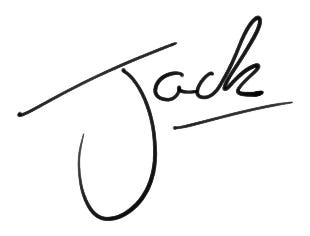Land justice is the wild way
Books to read about land justice and how gardening relates to race and colonialism
Wild Way is a term I felt reflects our natural way of being. How we evolved to interact with the wild world: our inner wild way is who we really are. Born of the wild, in tune with the wild, happy connected to the wild. The wild shapes who we are and yet, humanity has never been so detached. The wild way is about helping us all reconnect with what we need.
This applies to everyone the world over, we all have an equal right to our inner wild way. And different cultures will have their own deep traditions of connecting with nature. Which leads to big conversations about land use around the world. Wild Way is very much a future looking principle, but we can’t look forward without looking back.
How land is divided around the world now is not fair, it has been split by wealth, war, racism and theft. My view is that everyone should have an equal say of what happens to land and its wildlife around the world with fair and balanced access. It’s also important to discuss land because Earth’s resources are finite, natural habitat is being reduced and because access to being immersed in nature is essential.
While my head is mostly placed in the future, “right, what can we do to address this now”, through initiatives like the UK Government’s long overdue Land Use Framework now is the time to look to the past.
Throughout human history land has been taken, in particular during colonialist times, though obviously we are seeing it happening today too. But to focus on the 1500s - early 1900s, this was the point in history that the West used to romanticise as exploration but was in fact, awful. While there were progressive discoveries, this came at a huge cost. Colonising the Americas, Africa, India, Australasia and elsewhere, was done in completely the wrong way. There was mass displacement of native people wherever boats landed. In most instances, people were thrown from the land they called home, murdered, raped and enslaved.
For a long time this was justified through false claims about bringing 'civilisation' and 'advancement,' while ignoring the sophisticated knowledge systems and sustainable practices of indigenous peoples. Yet look at what has happened to the wild. Indigenous populations usually lived in harmony with nature, using resources in a balanced and proportional way that benefitted wild species.
When we talk about land use in the future, we have to talk about rectifying these wrongs, even if they were made many generations ago. Not least because it’s the right thing, but because it will help nature around the world, including us. Learning from indigenous knowledge of today, passed down from generations of experience.
We have to give land back to indigenous people, something that has been happening in small amounts around the world. This doesn’t mean we have to give up our own gardens or farms necessarily, but helping those communities with money to buy back land or starting with large landowners - such as royalty and the largest landowners - giving some back without cost.
Everyday I continue to grow my knowledge around land equality, race and colonialism by learning from others. If you’re interested in learning with me, I’ve listed a few books below that are a great starting point for understanding more about this subject to better inform discussions on land use going forward. I’ll update this list in future with more books I recommend.
Books to read
Braiding Sweetgrass by Robin Wall Kimmerer
Braiding Sweet Grass by Robin Wall Kimmerer has sold huge numbers of copies around the world for good reason. It’s an accessible read that explains how indigenous wisdom, knowledge learnt from direct experience around plants, is just as valid as scientific methods. It may not have the same structure or reports as the modern concept of science, but it is in fact a valid scientific method in its own right. Explained through a gentle personal story, with examples of plants and people, it’s a worthwhile read to start your journey into understanding why land justice, race and equal nature access is so important.
Unearthed by Claire Ratinon
Claire Ratinon is one of the UK’s most important writers on the subject of race, gardening and land justice. Unearthed is a beautiful story of moving to the British countryside as a person of colour in today’s world. I think it’s worth reading because some of the encounters Claire has make me angry and disappointed, but equally, there is happiness to be found in a shared love of nature, gardening and fluffy chickens.
Horticultural Appropriation by Claire Ratinon and Sam Ayre
Horticultural Appropriation: Why Horticulture Needs Decolonising by Claire Ratinon and partner Sam Ayre is a short pamphlet that I consider one of the most important pieces of garden writing of recent times. It was released in the wake of the murder of African-American George Floyd by a white US police officer, which we know generated mass anger and protest around the world. It also generated mass discussion about racism and race inequality in all walks of life that at the time many found challenging, but in the long run has had a lasting - I hope positive - effect.
Horticultural Appropriation is a short written conversation between Claire and Sam about colonialism of horticulture that isn’t meant as a deep all encompassing essay, but a provocation and nudge to explore further the topics covered. Pointing out is all our responsibilities to explore race and colonialism in our own worlds more. For me, it forever changed my view of the world and pushed me to challenge colonialism within the gardening and the natural world because a world with equality and removing racism and the colonialist legacy can only be a positive step for our future.
Among Flowers by Jamaica Kincaid
Among Flowers by Jamaica Kincaid is on the face of it, a straight forward short story about the author’s short trip to Nepal. It’s fascinating because plant hunting was a colonialist pursuit, here seen through the position of Jamaica as a black woman trying to grapple with her situation. At first it seems a simple story, and it is, but it challenges us through multiple lenses that shine a light on politics, equality and racism within botany and horticulture.
This is just a selection of the books I’ve read and recommend, I’ll expand the list as I discover more books I love. There are of course many more books on race and colonialism outside of gardening and nature.
I also recommend following Substack and Instagram account Decolonise the Garden for a wide range of views from different writers.








Braiding Sweetgrass and Unearthed are favs of mine. Both very powerful in different ways :so much to devour, find repulsive, re-examine, and embrace. Thank you!
Thank you for this Jack. I’ve got the first two books and like Lisa said - both powerful in their own ways. I’ll keep an eye out for the other two and look forward to more on this topic, eye & heart opening